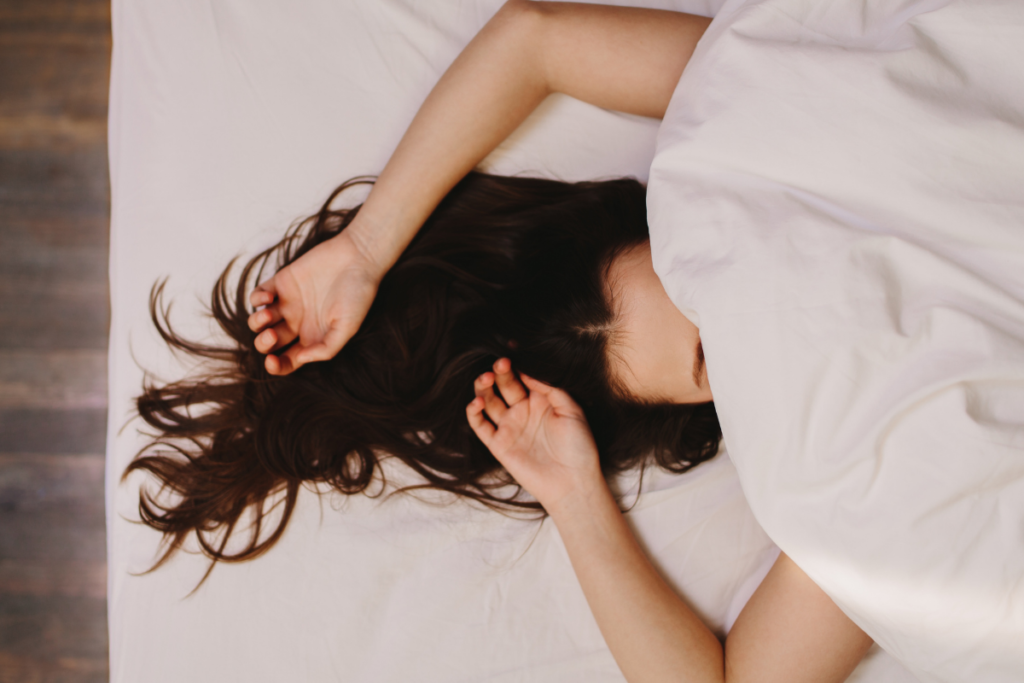
Do you think you got enough sleep this past week? Can you recall the last time you woke up without an alarm clock feeling refreshed, not needing caffeine? If the answer to either of these questions is "no," you are not alone. More than one-third of adults in many developed nations fail to obtain the recommended seven to nine hours of nightly sleep.*
I doubt you are surprised by this fact, but you may be surprised by the consequences. Routinely sleeping less than six hours a night weakens your immune system, substantially increasing your risk of certain forms of cancer. Insufficient sleep appears to be a key lifestyle factor linked to your developing Alzheimer's disease. Inadequate sleep--even moderate reductions for just one week -- disrupts blood sugar levels so profoundly that you would be classified as pre-diabetic. Short sleeping increases the likelihood of your coronary arteries becoming blocked and brittle, setting you on a path toward cardiovascular disease, stroke, and congestive heart failure. Fitting Charlotte Bronte's prophetic wisdom that "a ruffled mind makes a restless pillow," sleep disruption further contributes to all major psychiatric conditions, including depression, anxiety, and suicidality.
Perhaps you have also noticed a desire to eat more when you're tired? This is no coincidence. Too little sleep swells concentrations of a hormone that makes you feel hungry while suppressing a companion hormone that otherwise signals food satisfaction. Despite being full, you still want to eat more. It's a proven recipe for weight gain in sleep-deficient adults and children alike. Worse, should you attempt to diet but don’t get enough sleep while doing so, it is futile, since most of the weight you lose will come from lean body mass, not fat.
Society's apathy toward sleep has, in part, been caused by the historic failure of science to explain why we need it. Sleep remained one of the last great biological mysteries. It is implied there was a single function…. This book will show sleep is infinitely more complex, profoundly more interesting, and strikingly health relevant.
Society's apathy toward sleep has, in part, been caused by the historic failure of science to explain why we need it. Sleep remained one of the last great biological mysteries. It is implied there was a single function…. This book will show sleep is infinitely more complex, profoundly more interesting, and strikingly health relevant.
Source Material:
Why We Sleep - Unlocking the Power of Sleep and Dreams; Matthew Walker, PhD https://www.amazon.com/Why-We-Sleep-Unlocking-Dreams/dp/1501144316
*The Centers for Disease Control (CDC) stipulates that adults need seven hours of sleep or more per twenty-four hours: https://www.cdc.gov/sleep/about_sleep/how_much_sleep.html
Note: There are small amounts of variation in our batches and testing may vary between labs. Do not use if pregnant, nursing, or if you have any diagnosed for undiagnosed health conditions. Consult a physician prior to use. Must be 21 years or older to purchase or use. Must be legal in your state or territory to purchase or use. Shift is not responsible for the actions of individuals who take this product. Do not drive or operate heavy machinery while using this product. May cause drowsiness. Use could cause you to fail a drug test. May have a delayed effect. Store in a cool place. Keep out of reach of children and pets. These statements have not been evaluated by the FDA. This product is not intended to diagnose, treat, cure or prevent any disease.